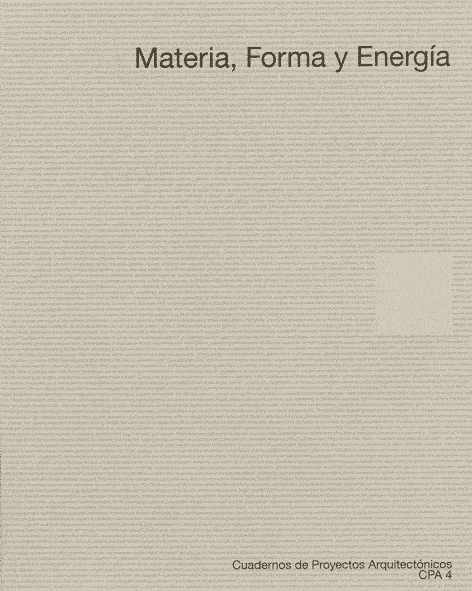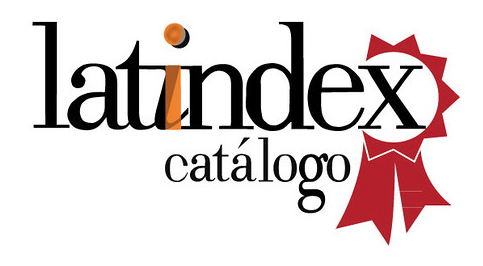Diagramas de energía, fuerza y materia = Diagrams of energy, force and matter
Parole chiave:
energía, fuerza, materia, forma, Deleuze, Guattari, energy, force, matter, formAbstract
Resumen
En este ensayo se va a tratar sobre arquitectura a partir de la definición de forma como “estructura esencial e interna, como construcción del espacio y de la materia”. Para ello, podemos establecer, como punto de partida, que el proceso de la arquitectura va de la energía, las fuerzas y la materia hacia la forma. Por tanto, teorizar sobre la forma en arquitectura nos lleva a reflexionar sobre tres fenómenos previos a su configuración: la energía, las fuerzas y la materia. Para seguir estos procesos físicos es útil remitirse al pensamiento postestructuralista de Gilles Deleuze y Félix Guattari, especialmente a su texto Mil Mesetas. Capitalismo y esquizofrenia (1980) y a conceptos como “rizoma” y “agenciamiento” y, sobre todo, utilizar la herramienta interpretativa y creativa del “diagrama”.
Abstract
This essay will deal on architecture from the defi nition of form as "critical and internal structure as construction of space and matter." For that, we can establish, as a starting point, that the process of architecture goes from energy, forces and matter to form. Thus, theorizing about form in architecture leads us to refl ect on three prior phenomena to its confi guration: energy, forces and matter. To follow these physical processes is useful to refer the poststructuralist thought´s Gilles Deleuze and Felix Guattari, especially his text A Thousand Plateaus. Capitalism and Schizophrenia (1980) and concepts such as "rhizome" and "assemblage" and, above all, to use the creative and interpretative tool of "diagramme".
Downloads
Dowloads
Pubblicato
Fascicolo
Sezione
Licenza
1. Los autores conservan los derechos de autor y garantizan a la revista el derecho de una Licencia Creative Commons Atribución-NoComercial-SinDerivar 4.0 Internacional que permite a otros compartir el trabajo con un reconocimiento de la autoría.
2. Los autores pueden establecer por separado acuerdos adicionales para la distribución no exclusiva de la versión de la obra publicada en la revista (por ejemplo, situarlo en un repositorio institucional o publicarlo en un libro).












